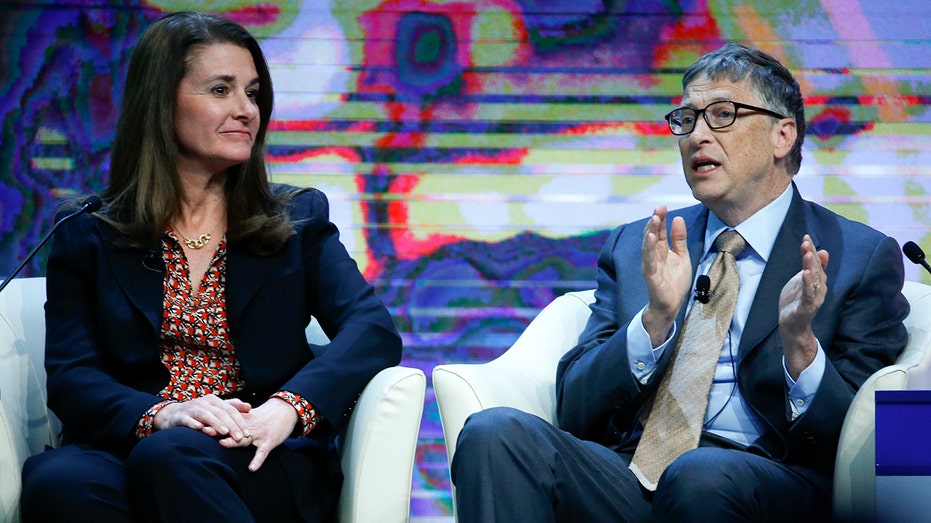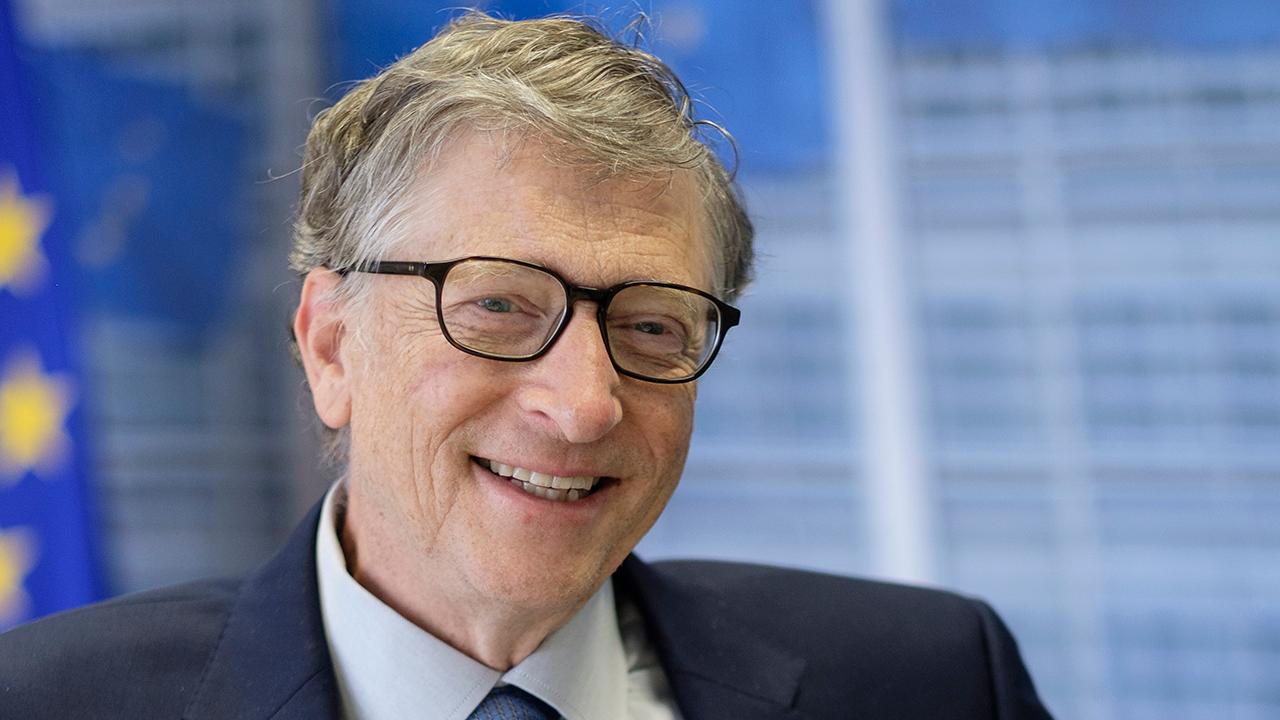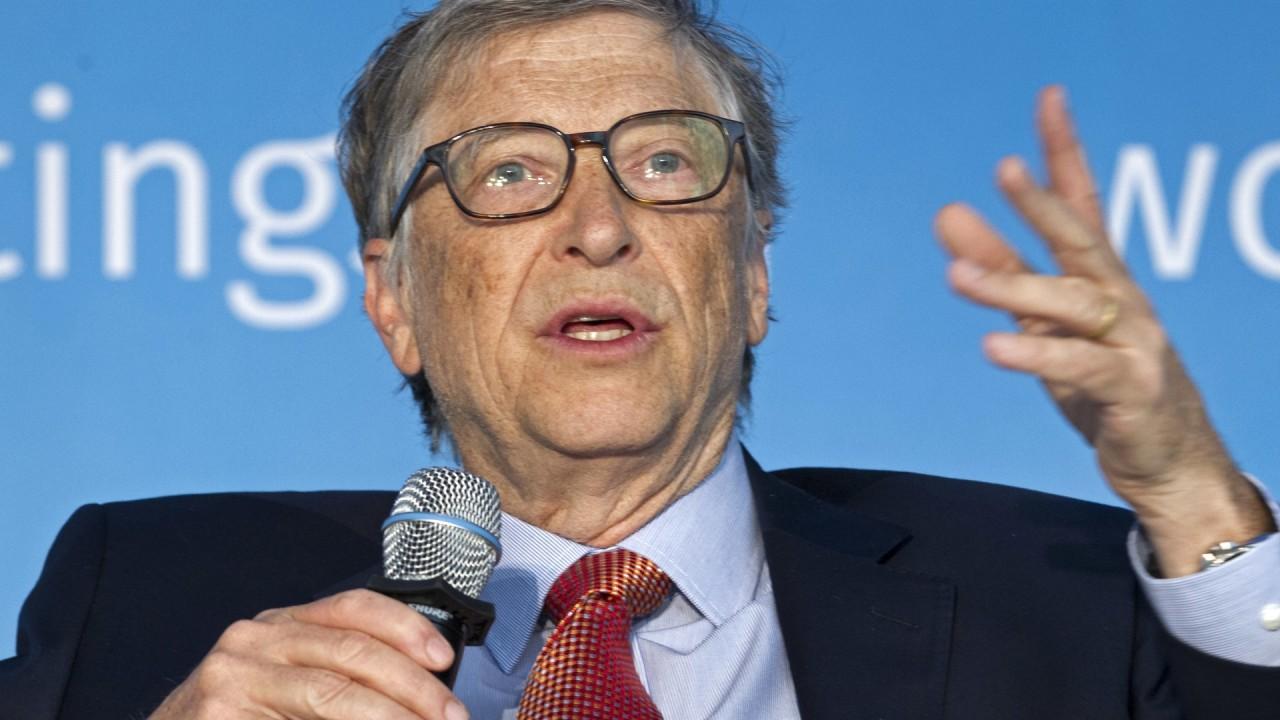How Bill Gates learned to give up control so Microsoft could grow
'If you want to have impact, usually delegation's important,' Microsoft cofounder says
When Bill Gates cofounded Microsoft in 1975, Gates put everything he had into making the company work.
During an event at venture capital firm Village Global last year, Gates said he "didn't believe" in vacations or weekends in those early years.
At that time, Gates was writing "most of the code" and even if someone else did write code, he ended up rewriting it anyway, according to a Q&A he did at Harvard in April 2018.
HOW MARK CUBAN BECAME A BILLIONAIRE AFTER BEING FIRED FROM SEVERAL JOBS
He also personally interviewed every person who was hired by the company and, he said last year, that he even memorized his employees' license plate numbers so he would know when they got to the office and when they left.
But eventually he learned he had to let go.
"If you want to have impact, usually delegation's important," Gates said during the Harvard Q&A.
He said that once Microsoft had about 10 employees, he realized he couldn't rewrite everyone's code.
"I had to say to myself, ok, we're going to ship code that I didn't edit," he said. "And that was hard for me, but I kinda got over that."
HOW FACEBOOK’S MARK ZUCKERBERG LEARNED HIS TOUGHEST LESSON AS CEO
But he still wanted to interview every new employee before they were hired and "at least look at samples of their code."
He said that allowed Microsoft to grow to 40 employees, but not fast enough.
"That was at a point where I had sold way more software than we could write because everybody was so impressed and I thought well, I need to collect enough money to keep hiring all these people, but the demand was so high that we were actually falling behind," Gates explained.
HOW JPMORGAN’S JAMIE DIMON WENT FROM BEING FIRED TO BECOMING A TOP LEADER IN BANKING
So Gates hired Steve Ballmer in 1980 to help the company keep its promises in check and to help hire new employees.
At first, Gates didn't want Ballmer to hire anyone before he'd interviewed them.
"Then he would show me numerically that the constraint wasn't going to work, you know, so then I said, ok," Gates said.

Melinda and Bill Gates, co-chairs and founders of the Bill & Melinda Gates Foundation, are pictured in 2015. (REUTERS/Ruben Sprich)
"If you want to write the most popular office productivity software, that -- one person absolutely can't do that," he added later. "So everyone has to decide what scale of organization they want to work in."
GET FOX BUSINESS ON THE GO BY CLICKING HERE
Eventually, Gates continued to learn how to lead Microsoft by delegating, coordinating and casting vision for the managers.
"Now I had to have the framework to know what mix of skills that we needed," he said, adding later: "Picking what you're good at and how you find the other people to fill in those things, that's super important. And most founders don't -- aren't able to scale that up and kind of give up the hands-on things that they used to get a lot of pleasure and comfort from."
Ultimately, Gates' delegating paid off. Today, the company has 144,000 employees and made $138.6 billion in sales and $46.3 billion in profits last year, according to Forbes.
Gates himself has also seen huge success. After Microsoft launched its first IPO in 1986, then 31-year-old Gates became a millionaire almost overnight.
He was the CEO of Microsoft until 2000 but remained on the board until earlier this year when he announced he was stepping down so he could focus on the Bill & Melinda Gates Foundation.
Today, he's one of the wealthiest people in the world. According to Forbes, he's estimated to be worth $111.2 billion.
| Ticker | Security | Last | Change | Change % |
|---|---|---|---|---|
| MSFT | MICROSOFT CORP. | 401.14 | +7.47 | +1.90% |
CLICK HERE TO READ MORE ON FOX BUSINESS

The Winning Formula tells the stories of business leaders who have overcome challenges — every Sunday on FOX Business.






















